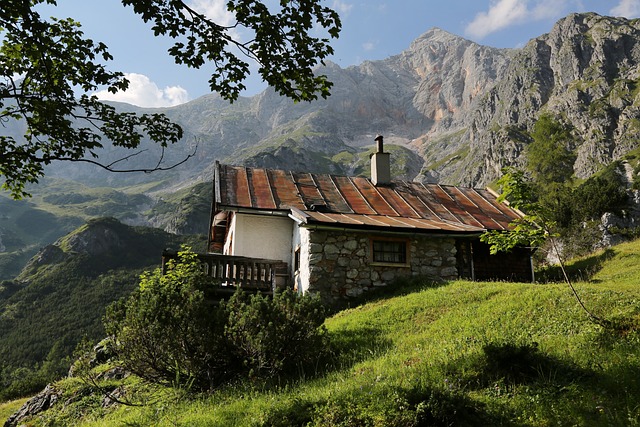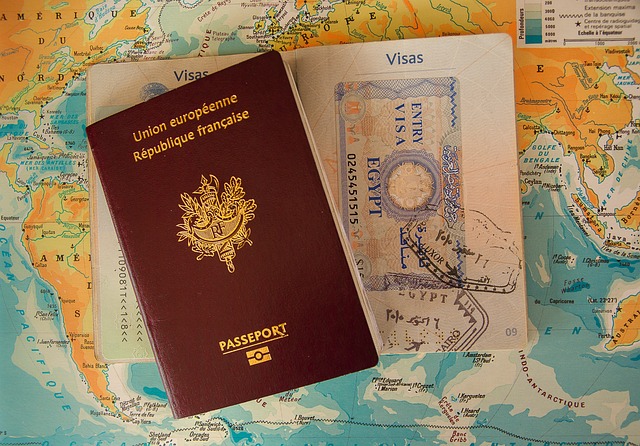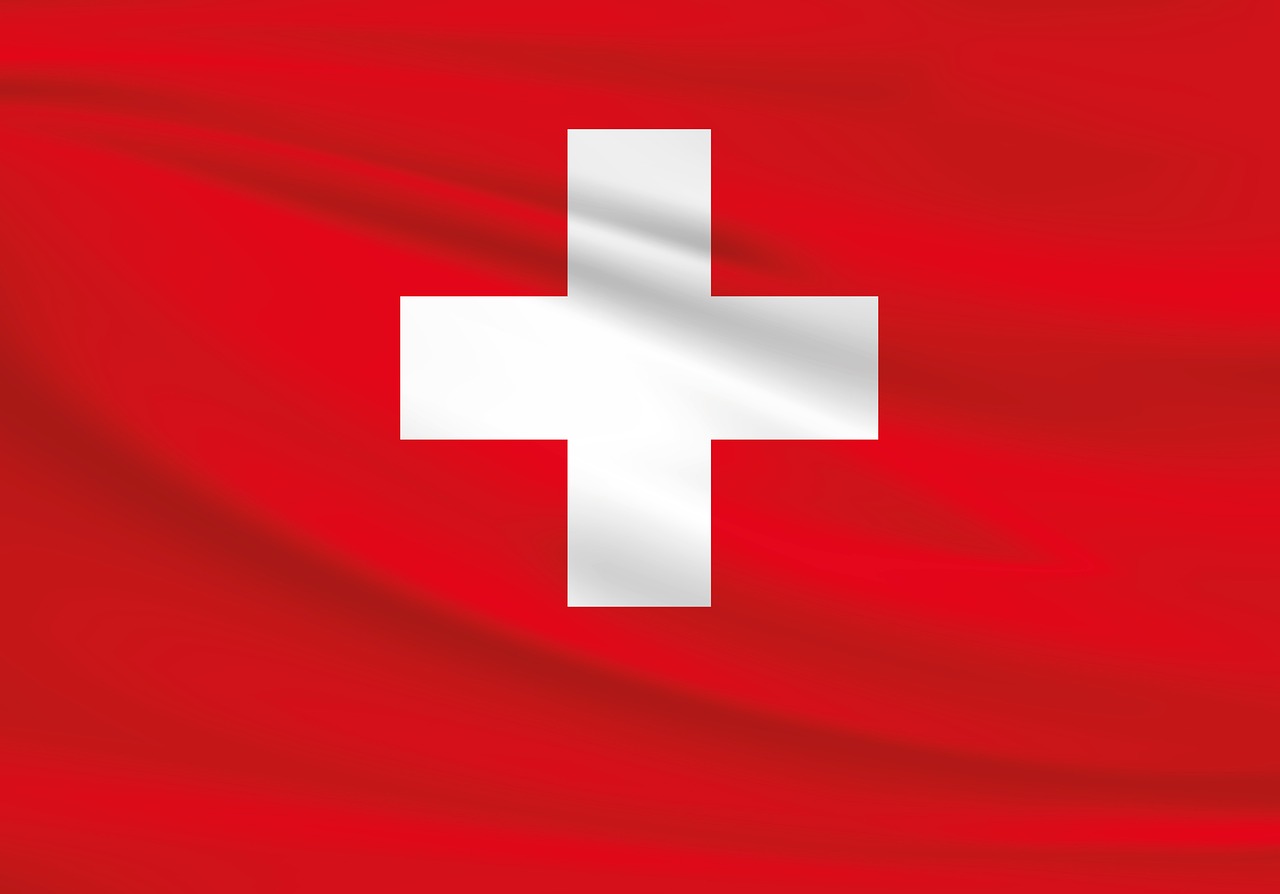Moving to Switzerland: A Step-by-Step Guide

Switzerland, with its high quality of life, stunning landscapes, and robust economy, is a dream destination for many expatriates. However, moving to Switzerland requires careful planning and preparation due to its strict immigration laws, high cost of living, and unique cultural norms. This step-by-step guide will walk you through everything you need to know to make your move to Switzerland as smooth as possible.
Step 1: Research and Planning
Before making the move, it’s essential to research and plan thoroughly. Consider the following:
- Purpose of Move: Are you moving for work, study, family, or retirement? Your purpose will determine the type of visa and permits you need.
- Location: Switzerland has diverse regions, each with its own language, culture, and cost of living. Research cities like Zurich, Geneva, Basel, or Lausanne to find the best fit for your lifestyle.
- Cost of Living: Switzerland is one of the most expensive countries in the world. Create a budget that accounts for housing, healthcare, transportation, and daily expenses.
Step 2: Secure a Job or University Placement
Unless you’re moving to join family or retire, securing a job or university placement is often the first step to obtaining a visa.
- Job Search: Switzerland has a competitive job market, especially for non-EU/EFTA citizens. Use platforms like LinkedIn, Jobs.ch, and Indeed to find opportunities. Networking is also crucial, so attend industry events and connect with professionals in your field.
- Work Permits: EU/EFTA citizens have an easier time obtaining work permits due to bilateral agreements. Non-EU/EFTA citizens must prove that no Swiss or EU/EFTA candidate can fill the position.
- University Admission: If you’re moving to study, apply to Swiss universities well in advance. Switzerland is home to prestigious institutions like ETH Zurich and the University of Geneva.
Step 3: Apply for the Appropriate Visa
Switzerland has different visa categories depending on your purpose of stay. The most common types include:
- Work Visa: For those with a job offer. Your employer will often assist with the application process.
- Student Visa: For those enrolled in a Swiss university. You’ll need proof of admission and financial means to support yourself.
- Family Reunification Visa: For those joining family members who are already residents in Switzerland.
- Retirement Visa: For retirees with sufficient financial resources. This visa is rare and requires proof of income and health insurance.
Application Process:
- Gather Documents: Passport, proof of employment or admission, financial statements, health insurance, and accommodation details.
- Submit Application: Apply at the Swiss embassy or consulate in your home country.
- Wait for Approval: Processing times vary, so apply well in advance of your planned move.
Step 4: Arrange Accommodation
Finding housing in Switzerland can be challenging, especially in popular cities like Zurich and Geneva.
- Temporary Housing: Consider short-term rentals or serviced apartments while you search for permanent housing.
- Permanent Housing: Use platforms like Homegate, Immoscout24, and Comparis to find apartments or houses. Be prepared to provide references and proof of income.
- Costs: Rent can be high, and you’ll typically need to pay a deposit equivalent to 2-3 months’ rent.
Step 5: Register with Local Authorities
Once you arrive in Switzerland, you must register with the local authorities within 14 days.
- Residence Registration: Visit the local Einwohnerkontrolle (residents’ registration office) to register your address. You’ll receive a confirmation of registration, which is necessary for other administrative tasks.
- Permit Application: After registration, apply for your residence permit at the migration office. EU/EFTA citizens receive a permit based on their employment, while non-EU/EFTA citizens may need to provide additional documentation.
Step 6: Set Up Essential Services
To settle in comfortably, arrange the following essential services:
- Health Insurance: Health insurance is mandatory in Switzerland. Compare providers like Swisscare, Helsana, and CSS to find a plan that suits your needs.
- Bank Account: Open a Swiss bank account to manage your finances. Major banks include UBS, Credit Suisse, and PostFinance.
- Utilities: Set up electricity, water, and internet services. Your landlord or real estate agent can guide you through the process.
- Public Transportation: Switzerland has an excellent public transportation system. Purchase a Swiss Travel Pass or a local transport card for convenient travel.
Step 7: Learn the Language
While many Swiss speak English, learning the local language (German, French, or Italian) is essential for integration and daily life.
- Language Classes: Enroll in language courses at institutions like Migros Club School or Alliance Française.
- Practice: Practice speaking with locals, join language exchange groups, and use apps like Duolingo or Babbel.
Step 8: Integrate into Swiss Culture
Swiss culture values punctuality, privacy, and rules. To integrate successfully:
- Respect Local Norms: Be punctual, follow rules, and respect personal space.
- Participate in Traditions: Join local festivals, try Swiss cuisine, and explore outdoor activities like hiking and skiing.
- Join Expat Communities: Organizations like Internations, Meetup, and local expat clubs provide support and social opportunities.
Step 9: Navigate the Education System (If You Have Children)
Switzerland offers high-quality education, but the system can be complex.
- Public Schools: Public schools are free and offer instruction in the local language. Some international schools provide bilingual programs.
- International Schools: If you prefer an English-speaking environment, consider international schools like International School of Geneva or Zurich International School.
- Daycare and Preschools: Enroll younger children in daycare or preschool to help them adapt and learn the local language.
Step 10: Explore and Enjoy Switzerland
Once you’ve settled in, take time to explore Switzerland’s beauty and culture.
- Travel: Visit iconic destinations like the Matterhorn, Lake Geneva, and the Rhine Falls.
- Outdoor Activities: Enjoy hiking, skiing, and cycling in the Alps.
- Cultural Experiences: Attend local festivals, visit museums, and savor Swiss cuisine.




